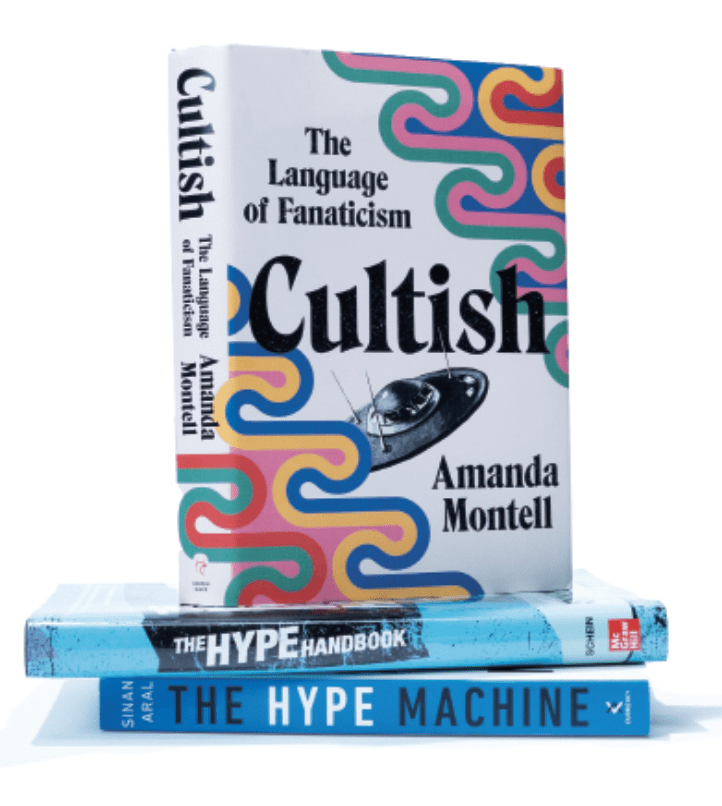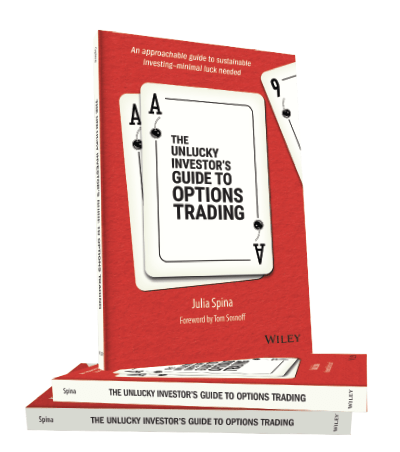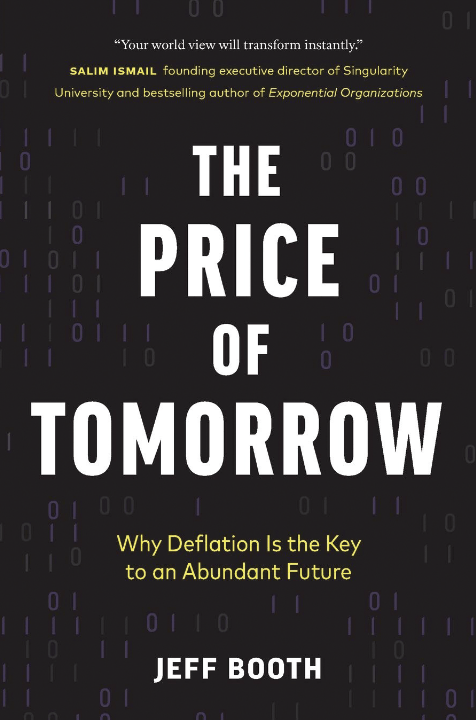The Bitcoin Standard
Luckbox’s Technician columnist reviews a crypto classic that explores bitcoin’s libertarian underpinnings
My story begins in the summer of 1993. We were renting an office for my 1-year-old company, and one of the guys called me over to his desk to show me something.
He fired up something on his screen called a “browser,” which enabled him to use this thing called the “internet.” At what should have been an epiphanic moment, I shrugged and told him it seemed like a way for nerds to look at obscene images. That wasn’t too far off the mark, but it didn’t exactly suggest a visionary moment on my part.
I offer this anecdote to explain why, since that fateful day nearly a third of a century ago, I have been somewhat insecure about my ability to identify the next big thing.
In recent years, the purported revolution has been crypto. Cognizant of this aforementioned insecurity, I have tried—I have really, really tried—to get it. I’ve read countless books and articles. I’ve watched hour after hour of videos. And, time and again, I’ve reached the same conclusion: This is a solution in search of a problem.
A good friend of mine was kind enough to send me a book he thought would help me see the proverbial light. He’s a big believer in crypto, and he made me promise to read the book if he bought it for me. So that was that, and the book showed up.
It’s called The Bitcoin Standard: The Decentralized Alternative to Central Banking and was written by Saifedean Ammous. Having finished the book, allow me to share a few thoughts.
The book, in fact, has very little to do with Bitcoin; it doesn’t even really get into the subject until about 200 pages in. Instead, it’s mostly a very enjoyable economics book—a true pleasure to read.
The author comes off as delightfully feisty—but if you’re a fan of John Maynard Keynes, you definitely don’t want to open this up because the author clearly has a white-hot disdain for the guy.
As I said, the book has surprisingly little to do with Bitcoin. Indeed, only the final portion of the book is about the cryptocurrency, and it kind of fizzles out by then. It’s pretty much the same boilerplate stuff about crypto that every other book has.
The difference is that the other books have only that boring boilerplate stuff, whereas the first 80% of this book is a terrific introduction to the Austrian school of economic thought.
I absolutely recommend this book, and if you’re not into crypto, don’t let the title dissuade you. If you have libertarian tendencies, this book will amplify them, as it did my own.
The author holds Keynes and the central banks responsible for most of the world’s woes and about 100 million human deaths. He also considers bitcoin the only legitimate digital currency.
Some excerpts should give readers a taste of the author’s colorful prose style:
There are two main government-approved mainstream schools of economics thought: Keynesian and Monetarists. While these two schools have widely disparate methodologies and analytical frameworks, and while they are engaged in bitter academic fights accusing each other of not caring about the poor, the children, the environment, inequality or the buzzword du jour, they both agree on two unquestionable truths: First, the government has to expand the money supply. Second, both schools deserve more government funding to continue researching really important big questions which will lead them to find ever more creative ways of arriving at the first truth.
The real impact of this is the widespread culture of conspicuous consumption, where people live their lives to buy ever-larger quantities of crap they do not need. When the alternative to spending money is witnessing your savings lose value over time, you might as well enjoy spending it before it loses its value. The financial decisions people make also reflect on all other aspects of your personality, engendering a high time preference in all aspects of life: depreciating currency costs, less saving, more borrowing, more short-termism in economic production and in artistic and cultural endeavors, and perhaps most damaging, the depletion of the soil of its nutrients, leading to ever lower levels of nutrients in food.
As it stands, a large number of firms in all the advanced economies specialize in warfare as a business, and are thus reliant on perpetuating war to continue being in business. They live off government spending exclusively and have their entire existence reliant on there being perpetual wars necessitating ever-larger arms spending.
Tim Knight has used technical analysis to trade the equity and options markets for decades. He founded Prophet Financial Systems and created the website slopecharts.com, which offers free access to his charting platform. @slopeofhope









